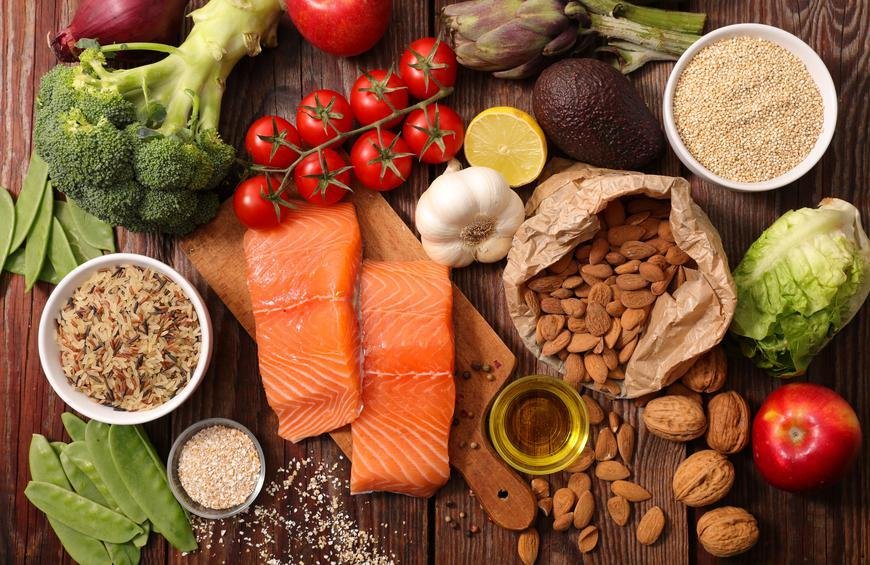Inside BENEO’s new pulse plant: pioneering sustainable protein from faba beans
Survey reveals a gap between awareness and action in consuming a nutritious diet
Nu-Shakti – a brand of Royal DSM – has released its report on India’s ‘Diet Paradox’. Highlighting the importance of a healthy immune system in protecting people from infections and ailments, the report stresses the role of adequate nutrition in building immunity.
Based on a survey conducted with more than a thousand people across all age groups in Mumbai, Delhi, Chennai and Kolkata, the report highlights that unprecedented awareness levels in terms of health and nutrition are very often matched with a lax attitude in adopting healthy practices.
Virtually all respondents of the survey (98%) agree that a nutritious diet is essential for a healthy lifestyle, however, 60% of the respondents ‘rarely’ or ‘never’ make a conscious effort to add nutritive elements or additional supplements to their diet. According to the findings, even though nearly three-quarters (73%) of respondents know the connection between healthy eating and losing weight, more than half (55%) admitted that they had not consumed leafy vegetables in the required quantity the previous day.
In fact, the Global Burden of Diseases study ranked India 118 on its global index because poor dietary habits accounted for 310 deaths per 100,000 people. Despite awareness levels about proper nutrition and diet being high, these do not necessarily result in the right action. Nu-Shakti terms this behaviour the ‘Diet Paradox’.
The ‘Diet Paradox’ survey revealed a gap between awareness and the need to make the necessary changes in their diets. Insights on the gap in action include 60% of the respondents admitting ‘rarely’ or ‘never’ making a conscious effort to add nutritive elements or extra supplements in their diet.
On being asked if they had consumed specific items on the previous day in the required quantity:
· 57% claim they did not consume dairy or milk products
· More than half (55%) did not consume leafy vegetables
· Even though they know the right amount of fruits to eat daily, more than one in three respondents (42%) did not consume these items
The survey revealed one of the reasons for this gap between awareness and action is because meals were being skipped regularly:
· 84% of respondents admitted they skipped meals
· 46% confessed they would forgo a meal because of an important work meeting
· 42% claimed they ‘rarely’ or ‘never’ consumed healthy or nutritious home-cooked meals during festivals
Additional survey highlights:
· Nearly one-third (31%) consider working timings the top barrier to a healthy lifestyle
· More than one-in-five (22%) believe their family is the constraint
· 62% claimed it was ‘extremely difficult’ or ‘difficult’ to influence family members to eat a healthy diet
In conclusion, Alok Kohli, Business Director – DSM India said: “Nutrition plays a key role in building a healthy immune system and in turn, protecting people from infections and ailments. Given this backdrop, dietary supplements can help in eliminating the ‘Diet Paradox’ by providing the proper quantity of nutrients. Significantly, dietary supplements can boost disease protection by 83%, improve immune function by 42% and raise energy levels by 31%. Considering the threat of infection posed by the coronavirus pandemic, dietary supplements, including home food fortifiers, can play a pivotal role in adding required micronutrients to the daily diet that can in turn support in safeguarding people’s health and well-being.”

